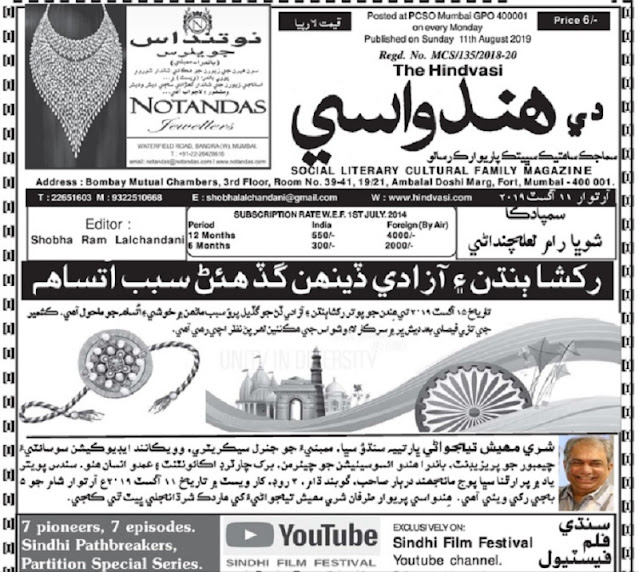Interpreting Audience
Author: Shaun Moores
Publisher: Sage Publications, London
Year: 1993
Pages: 208
Reviewed by: Kaleem Butt
Shaun Moores is Lecturer in Media and Cultural Studies at Queen Margaret College, Edinburgh. He has published several articles and papers on audiences, and was one of the contributors to Culture and Power: A Media, Culture & Society Reader.
Reviewing a wide range of work done by qualitative audience researchers over recent years, Interpreting Audiences charts the emergence of a critical ethnographic perspective on everyday consumer practice.
This outstanding volume is separated into four parts: the debates about media literature's power to determine the meanings made by their readers, an examination of the relationships between media genres and social patterns of taste, day-to-day settings and dynamic social situations of reception, and cultural uses and interpretations of communication technologies in the home. Identifying the issues at stake in each of these areas, Shaun Moores then relates advances in audience research to a broader set of questions about the practices and politics of cultural consumption.
Assessing the theories of Bourdieu, de Certeau, and others--and drawing on his own investigations--he advances a model of creativity and constraint in everyday life. This accessible text will be an invaluable introduction to the recent work on audiences for students in media, communication, and cultural studies, and a helpful analytical overview for media scholars and researchers.
The author considers the distinctive features of audience ethnography and outlines its applications in communication and cultural analysis. Four main areas of inquiry are discussed: the power of media texts to determine the meanings made by their readers; the relationship between media genres and the social patterns of taste; the day-to-day settings and dynamic social situations of reception; and the cultural uses and interpretations of communication technologies in the home.
This book is a timely literature review that would interest students and researchers within media and cultural studies. It is encouraging that, unlike many other cultural theorists, Moores does believe that the ideological power, textual production and audience interpretations of media texts should remain on the agenda, not to be neglected entirely in favour of power dynamics in the domestic setting, preferences of genre or gendered frictions over "who controls the remote control. Furthermore, this book is extremely helpful to overview of research in the last 15 years into mass media audiences. The concluding chapter looks at cultural consumption more generally and assesses the work of Pierre Bourdieu. This is a short text but it brings together a range of diverse studies and issues which are of wider interest than in media studies alone.




Comments
Post a Comment